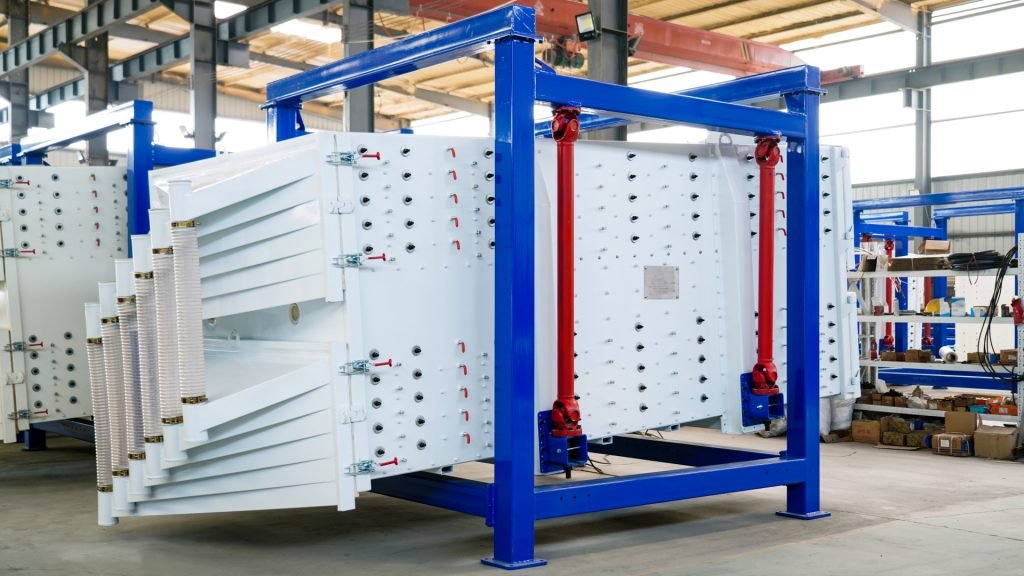Metal Powder
Vibrating screen and metal powder industry
Generally speaking, metal powder is an industry that is easy to screen for vibrating screens. Generally speaking, metal particles exist alone instead of sticking together, so when sieving metal powder, if you want to achieve a good sieving effect, you only need to do one thing: let each metal powder fully contact the screen
Need to start with the following aspects:
1.Uniform feeding, irregular feeding, when the feeding amount suddenly increases, it is difficult to ensure the screening effect.
2.Select the appropriate screening equipment: metal powder has different requirements for mesh and output, and the selection of equipment is different.
3.Adjust the equipment according to the specific conditions of the material: a proper running track is very necessary. Most of the metal powders have a large specificity. When debugging the equipment, increase the vibration amplitude as much as possible (beneficial to the metal powder layering), reduce the material discharge speed, or increase the running length of the material on the screen, and the effect is better.
4.Screen cleaning: Choose a cleaning tennis or ultrasonic system according to different situations to prevent clogging the mesh and affecting the screening effect.
Some special metal powders require screening equipment, such as metal magnesium, which needs to be filled with inert gas during screening. Our screening equipment can be customized to increase pores. Some metal powders cannot touch metal during the screening process. We have vibrating screens made of polyurethane, and some derivatives of metal powders are harmful to the human body. We can achieve fully sealed screening.
These vibratory rectangular separators specialize in separating and grading a wide number of recycling materials, utilizing higher forces and advanced counterweights technologies, to control material flow pattern on the screens, we are able to get a more accurate separation of materials. Below are some of the recycling materials we are able to classify:









